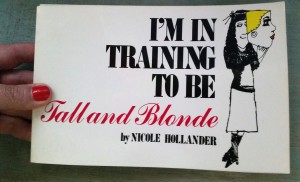Whether you are a PR professional or an entrepreneur, it can seem like a daunting task to pitch the media. It can feel like you’re sending your pitch out into the great unknown, possibly never to be seen or heard from again.
It takes courage and a belief in yourself and your idea to pitch the media as well as some tenacity since the likelihood is that you won’t hear any feedback or get any response to the majority of your pitches unless they land right or interest the media. In fact, according to a Propel survey via Spin Sucks:
“Journalists respond to roughly 3.27% of the pitches they receive. This means that, on average, it takes about 31 media pitches to journalists to get a response to any one of the pitches you send. [Aug. 2021]
When you factor in the number of pitches the average journalist receives, there is a lot of competition for that 3%. To increase your chances of success, we asked the media what they wish PR professionals and anyone knew before pitching the media.
Before you pitch the media – 10 things the media wishes you knew
1. Less media, but more PR
Newsrooms have been shrinking. There is more work with less staff to do it. Between 2008 and 2020, there has been a 26% decline in newsroom staff .
Because of this, not only are there fewer journalists, but their roles have expanded. At some outlets, they now have to do their own editing, whereas in the past, there was someone on staff to edit their stories.
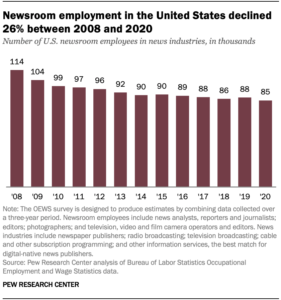
2. Why they won’t get back to you or give you feedback on a pitch
According to Muckrack’s State of PR 2021, 59% of respondents stated their biggest challenge is getting a response to {their] pitches. Staff journalists are busier than ever, so responding to pitches just doesn’t make it to their overflowing to-do lists. For freelance media, time is money, and they prioritize writing and continually seeking new work opportunities.
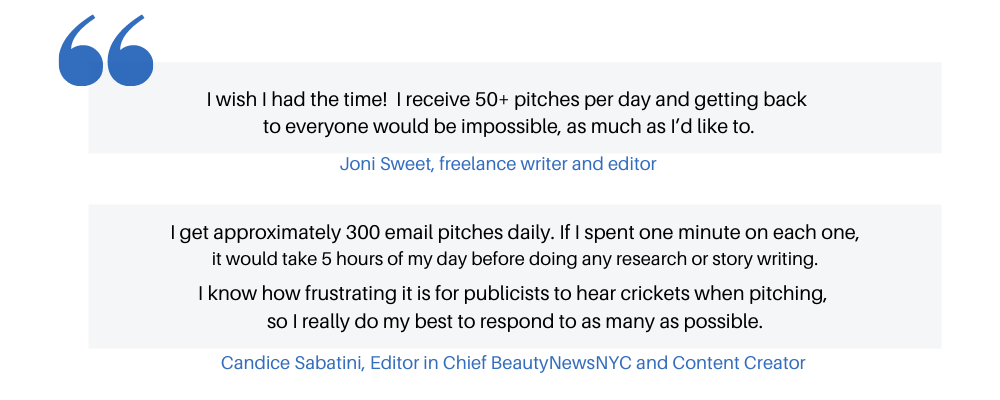
3. Why the media may not tell you when a story goes live
See points one and two. As stated in points one and two, the media is short-staffed and extremely busy, and as much as they would like to, they may not let you know when a story goes live. Their editor may not tell them when the story goes live.
A simple solution to this, to make sure you get notified when a story or podcast goes live and you are mentioned in the media is to set up Google Alerts and Talkwalker Alerts. Watch my set up tips here

4. Journalists prefer pitches via email
Most media professionals don’t like to be pitched in DMs unless they specifically state so. Many are active on social media and it can be a great place to network and build relationships with them. The majority of those we spoke to, do not like or want pitches in their DMs. Many told us that they feel it is an invasion of their personal social media accounts. They prefer email as it is easier to read, sort, and search pitches in their inbox.
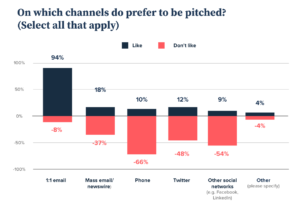

5. Freelance media need to market themselves
Journalists, and especially freelancers, need to market themselves to bring more work in. You can help them be more visible by liking, commenting, and sharing their work. Bonus points for tagging them with their social handle when you share or post their content.
6. Related media supports your story
When you have related images or video to enhance a story, please share it with the media as long as you are the creator or have secured or gotten authorization to use the media. This helps us craft a better story and makes our work easier as we don’t have to go source images or video. Do not send media that you don’t have explicit rights to use/or for the media to use.
7. Don’t ask for a link to your website
If the media can put one in the story, they will. It is the publication, and not the journalist, that sets the link policy for content. Asking is not going to change that. They are not going to make an exception for you, so please don’t put the journalist in an uncomfortable position by asking.
8. Don’t ask the media to update an article to include you
If it’s already published, there is no updating a story. Find another angle to pitch or pitch it in time for next year’s roundup list. Do let the media know if something is factually incorrect in a story, as that is something they will want to update immediately.
9. Unsolicited packages are unwelcome
More media professionals than ever are working from home and don’t like unsolicited and unexpected packages. They can cause some concern for the recipient who doesn’t know what a package is or if it is safe to open. They may not have room to review and store unsolicited books or products. They may not be expecting a package, and it can get lost. You’ll save money and energy, maintain a good working relationship, and get a much better response if you only send samples to the media who have expressly given you permission to do so.
10. Respect the media’s privacy
While more journalists and freelancers work from home, it is important to respect their privacy and safety. Even if you can locate their private contact information online, please don’t use their professional contact info such as home phone or cell phone to pitch the media, unless the media professional specifically gives you their personal information.
Thanks to:
Joni Sweet, a freelance writer and editor who focuses on travel, health, and wellness. Her work has been published by Lonely Planet, SELF, Forbes, Health, National Geographic, Thrillist, Prevention, Greatist, and dozens of other publications. You can learn more about her at www.jonimsweet.com
Candice Sabatini, Editor in Chief BeautyNewsNYC and Content Creator
► Related Content: 7 Must Haves For a Successful HARO Pitch

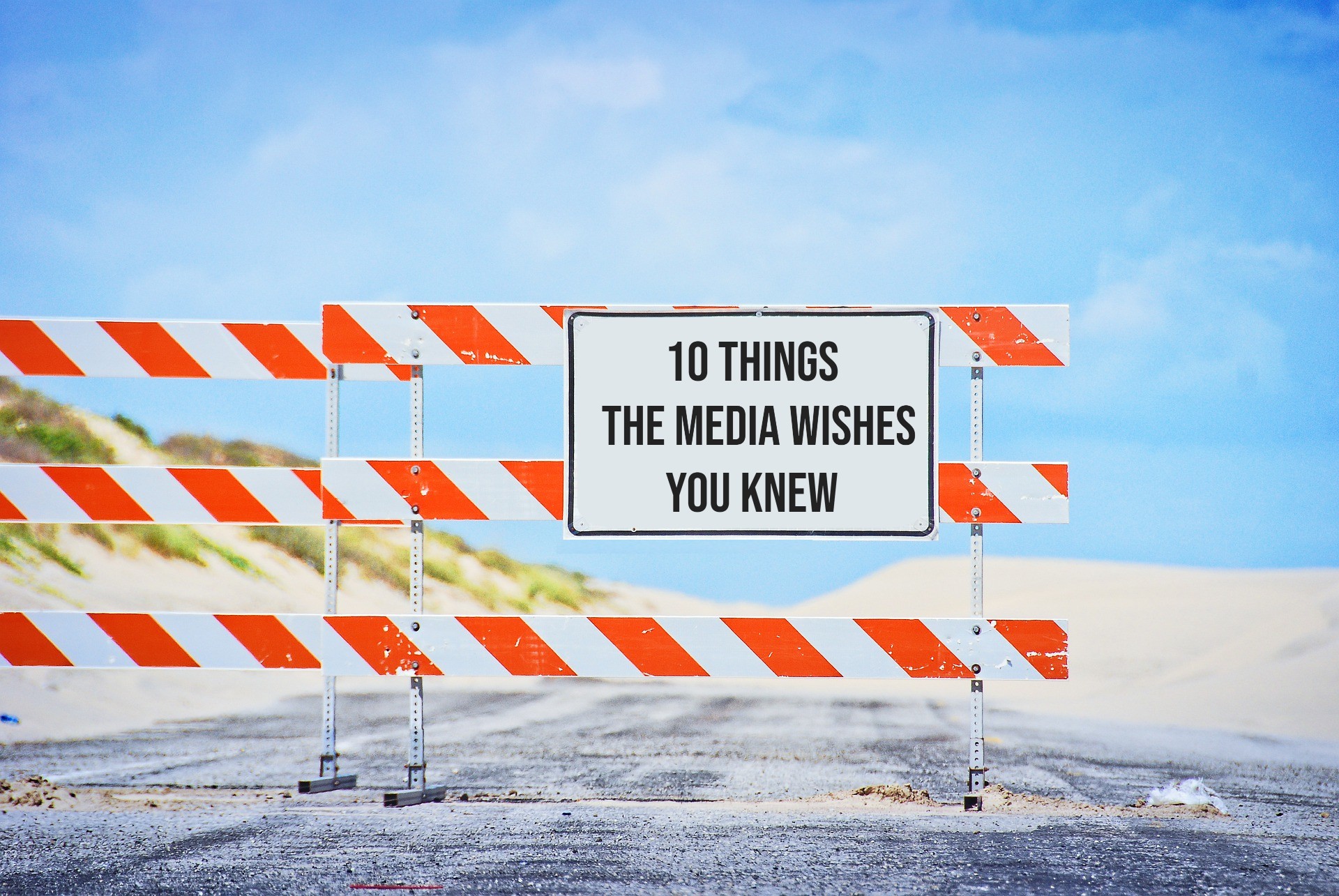

 Being the best-kept secret in your market is a disservice to you, your clients and the world. Most brands, like my clients, LOVE what they do. They also create great impact in the lives and businesses of those that they work with.
Being the best-kept secret in your market is a disservice to you, your clients and the world. Most brands, like my clients, LOVE what they do. They also create great impact in the lives and businesses of those that they work with.
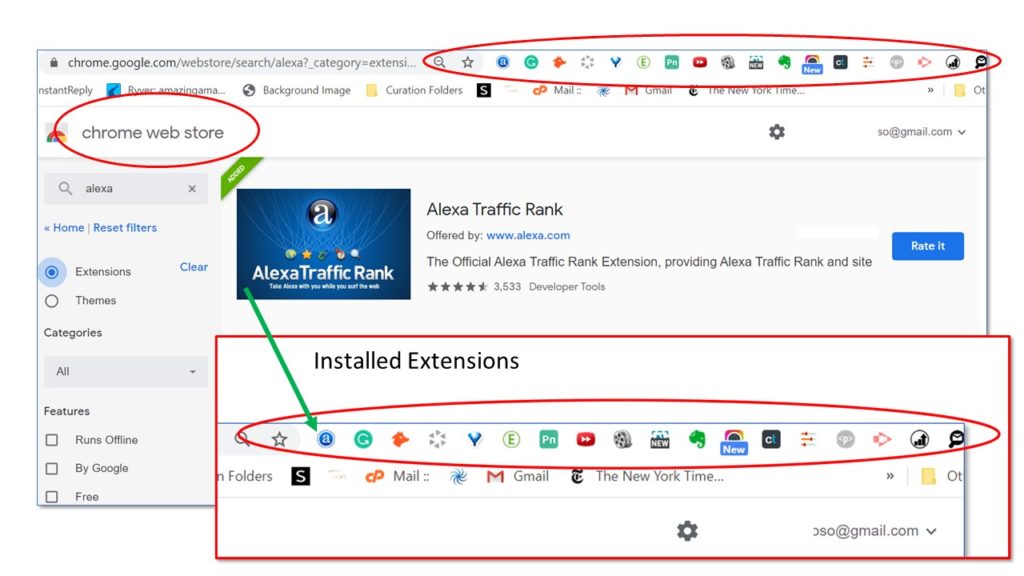


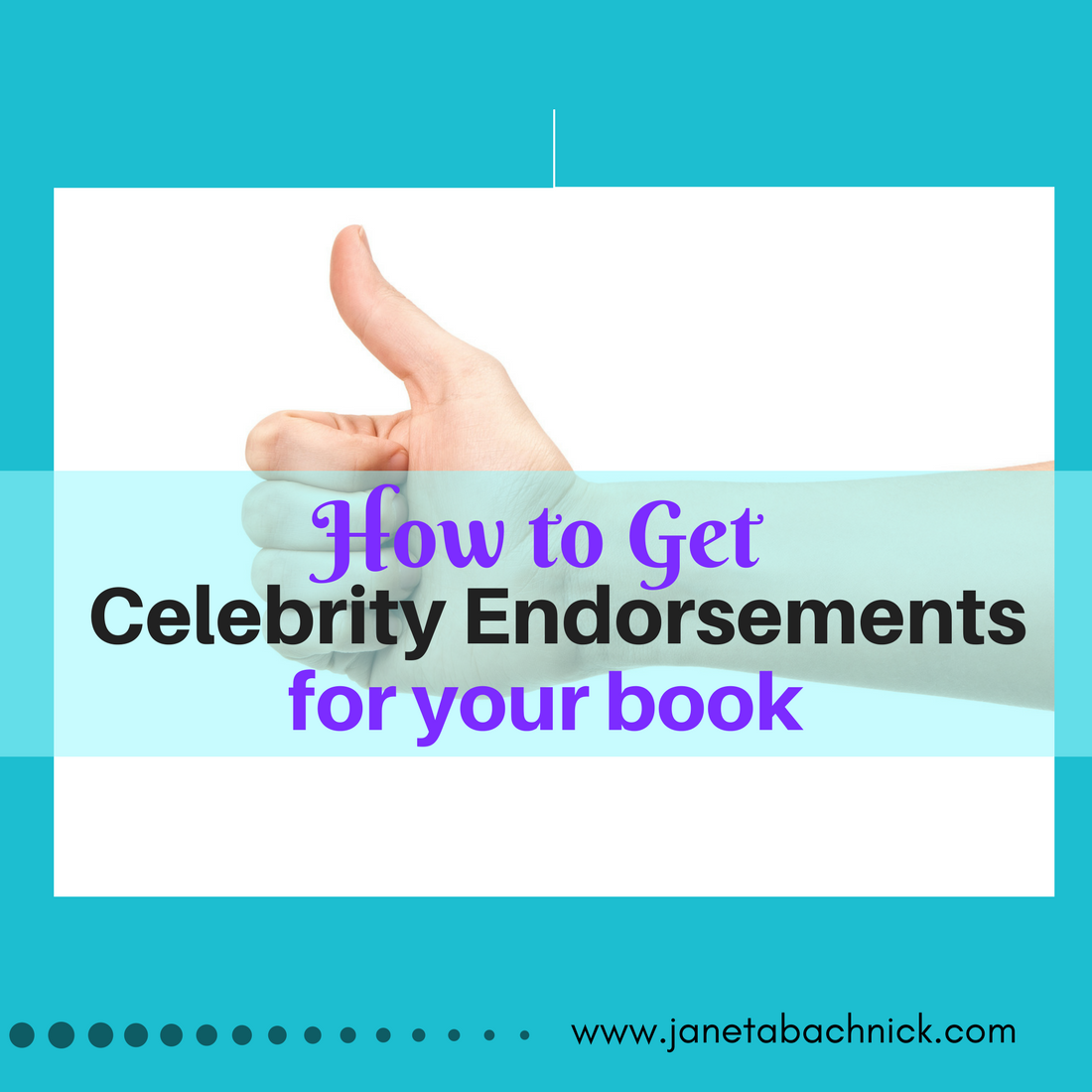
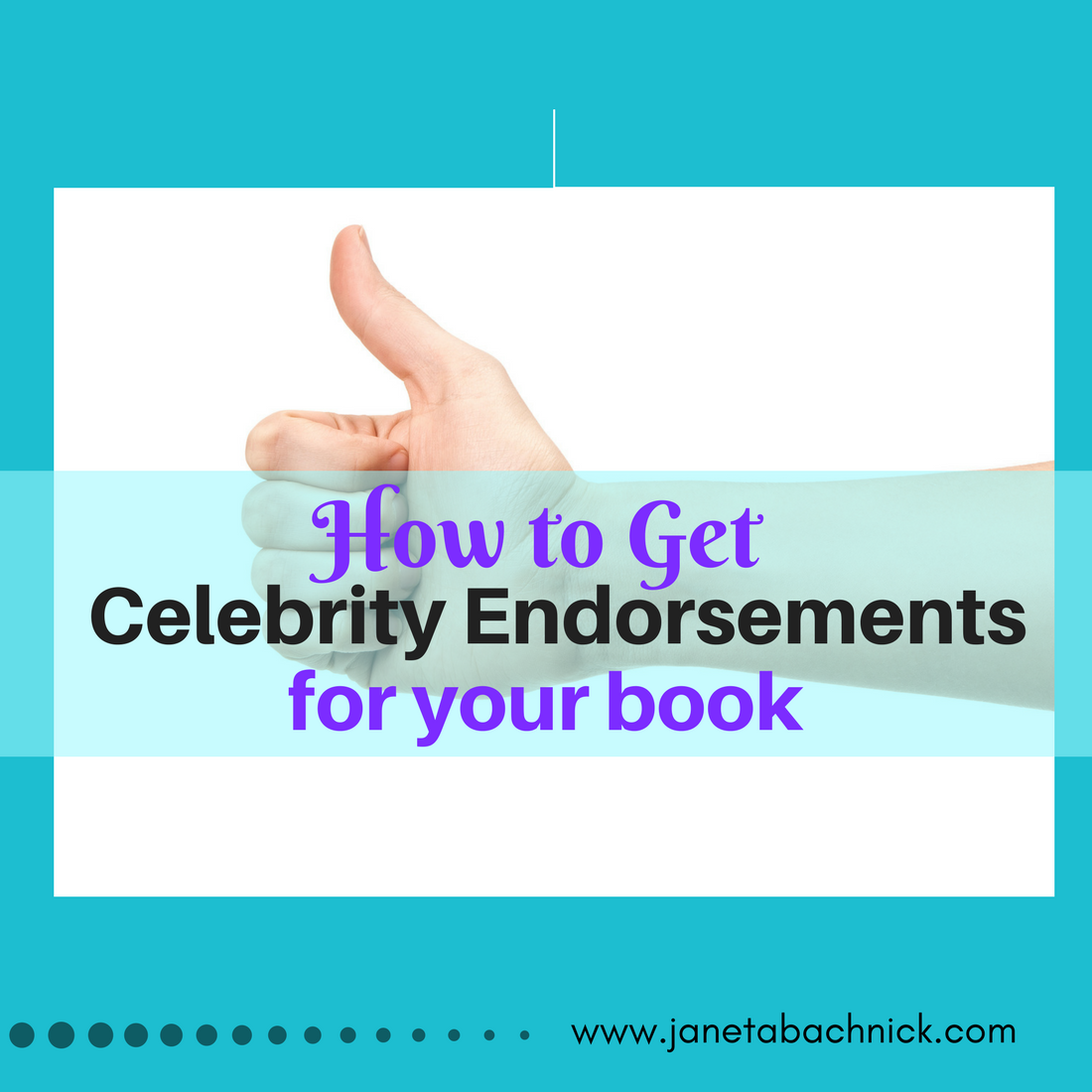

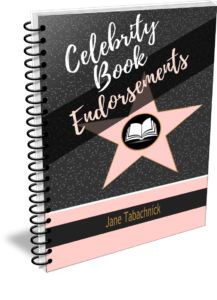


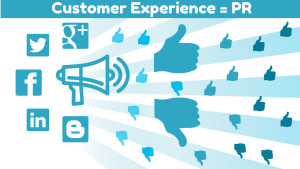
 a mistake with the address. They said no, unfortunately they couldn’t trace the package, however they would gladly send the brownies again and only charge me the shipping. This had been my mistake, and yet they were willing to share some of the cost to resend my package.
a mistake with the address. They said no, unfortunately they couldn’t trace the package, however they would gladly send the brownies again and only charge me the shipping. This had been my mistake, and yet they were willing to share some of the cost to resend my package.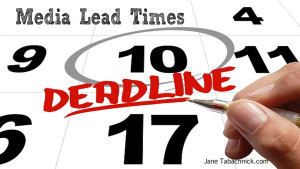
 Part of the key to successfully pitching publications on a story, a product launch, or an event is to work backward from your event date.
Part of the key to successfully pitching publications on a story, a product launch, or an event is to work backward from your event date.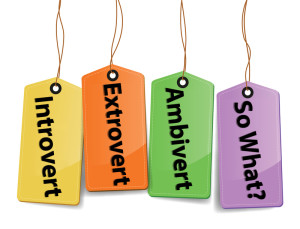 There is a lot of talk in the news about introverts lately. It’s the topic of conversation regularly for my publicity shy prospects and clients, and me.
There is a lot of talk in the news about introverts lately. It’s the topic of conversation regularly for my publicity shy prospects and clients, and me.